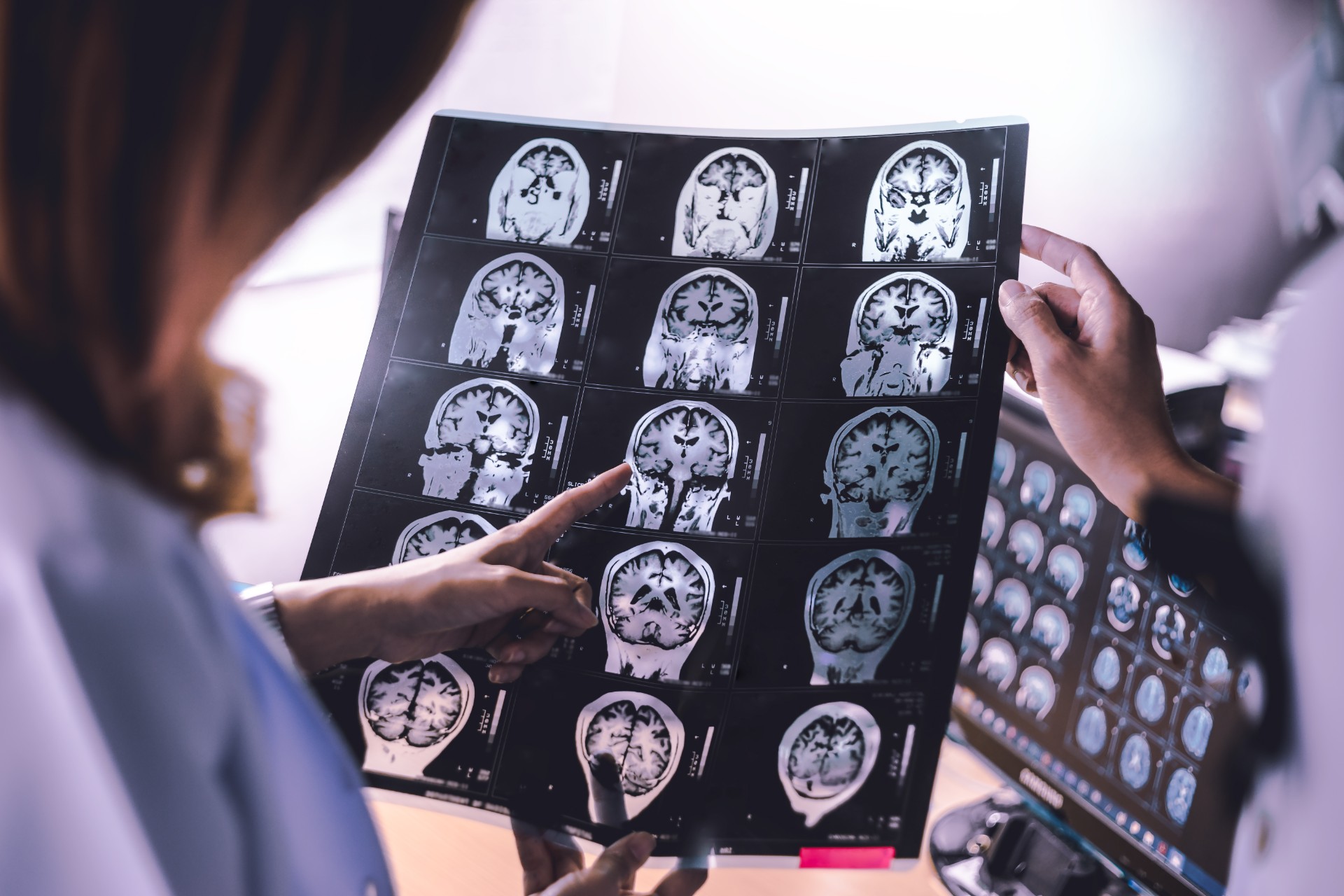
Epilepsy Center
At the Epilepsy Center of JKC Neurology Institute, we specialize in the diagnosis, treatment, and management of epilepsy and chronic headaches. Our mission is to provide comprehensive, personalized care to help our patients achieve optimal health and improve their quality of life. Led by Dr. Kyung Ku Cho, our team combines decades of experience with cutting-edge technology to offer the best possible outcomes for our patients.
Dr. Kyung Ku Cho, M.D., brings over 30 years of expertise as a neuroscientist, neuro-epileptologist, and neuropsychiatrist. He has practiced at renowned institutions such as UCLA, the VA, and Cedars-Sinai Medical Center, as well as in the Mid-Wilshire area. Dr. Cho’s extensive experience in epilepsy allows him to provide advanced diagnostic and treatment options for patients suffering from this complex neurological disorder.
Understanding Epilepsy
Epilepsy is a chronic neurological disorder characterized by recurrent, unprovoked seizures. These seizures are caused by abnormal electrical activity in the brain and can vary in type and severity. Common types of seizures include:
- Tonic-Clonic Seizures (Grand Mal): Involving muscle stiffening and rhythmic jerking.
- Absence Seizures (Petit Mal): Brief lapses in attention or staring spells.
- Focal Seizures (Partial): Originating in a specific area of the brain, which can be simple (without loss of consciousness) or complex (with impaired awareness).
- Myoclonic Seizures: Sudden, brief jerks of a muscle or group of muscles.
- Atonic Seizures (Drop Attacks): Sudden loss of muscle tone, causing the person to collapse.

Diagnostic Process
Accurate diagnosis is crucial for effective treatment and management of epilepsy. Our comprehensive diagnostic process includes:
- Medical History Review: Detailed assessment of the patient’s seizure episodes, medical background, and family history.
- Neurological Examination: Thorough physical and neurological exams to identify any abnormalities.
- Diagnostic Tests:
- EEG (Electroencephalogram): Measures electrical activity in the brain to detect abnormal brain waves associated with seizures.
- MRI (Magnetic Resonance Imaging): Provides detailed images of the brain’s structure to identify any underlying abnormalities.
